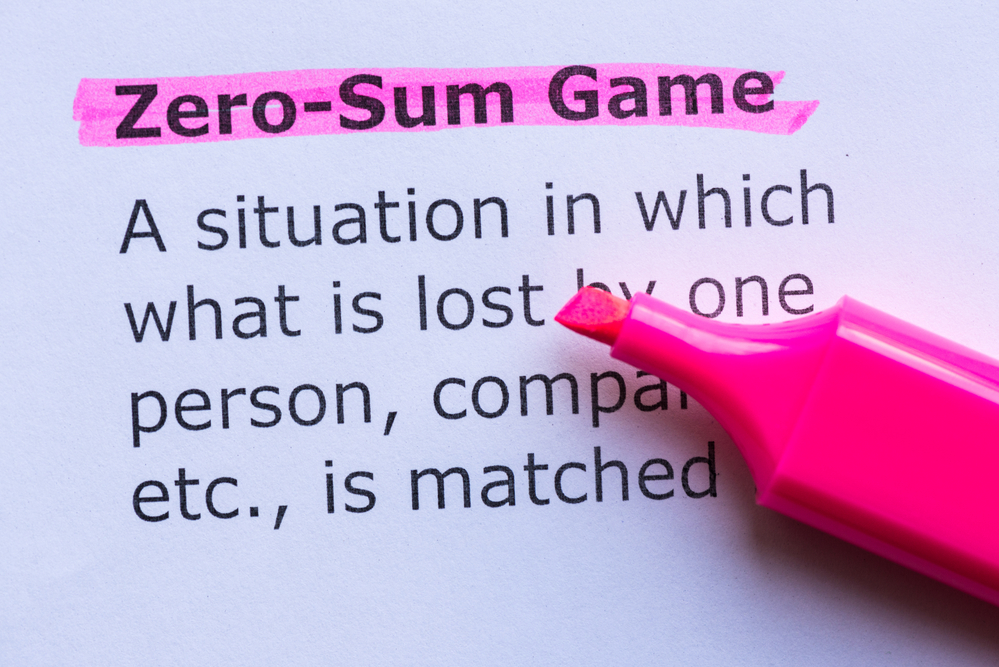Lessons from a Zero Sum Game
By Amy Willis
As war in Gaza rages on, in this episode, EconTalk host Russ Roberts welcomes Israeli journalist Haviv Rettig Gur for an historical look at antisemitism, the Holocaust, and “the long twentieth century.” Gur offers a deep dive into anti-Semitism, particularly in the European context, before turning to the present day conflict.

Gur’s account starts in 1880 with the assassination of Russia’s Czar Alexander and the rise of industrialization. He emphasizes the bottom-up nature of the “mass popular pogroms” in the Southern Russian Empire related to the expanding railway network. While the Jews, says Gur, tended to see such incidents as evidence of regime-based action, historians now agree that this was a mistake. Rather, “The people around them, around whom they had lived, really wanted them gone and really wanted them tortured and dehumanized until they understood the point.” As Jews left the Imperial lands by the millions, many fled westward toward the Austro-Hungarian and German empires, who in turn blamed the Russian regime dumping their “Jewish problem” on them. Thus was anti-Semitism in the early 20tgh century both a bottom-up and a top-down phenomenon. Gur argues this fundamentally reshaped the Jewish world both mentally and geographically. “And that is the beginning of 60 years of the steady, not just emptying out of Europe of its Jews, but the conscious, willful, purposeful, systematic making of Europe uninhabitable to Jews. ”
This historical background Gur says can help us to better understand the Arab-Israeli conflict today. We’d like to hear how your understanding was affected by this episode, and we hope you’ll consider sharing your thoughts with us today.
1- Roberts and Gur discuss the massive wave of immigration to US 1880-1920. How does the experience of Jewish immigrants differ from that of other, particularly European, immigrants of the time? How might this help us understand the position of Israel today?
2- Roberts and Gur have a long discussion of the Holocaust, from which I learned a great deal. Perhaps what most struck me, however, was Roberts’ assertion that, “all authoritarians need help to oppress.” What does he mean by this, and who are among those he and Gur suggest “helped” the Nazis carry out their plan? Are there any among these that surprised you? Why? How did the existent of such “helpers” lead to the rise of modern Zionism?
3- How does Gur compare “the Jewish experience” to the Western moral discussion of the Holocaust? What was the “new kind of Jew” that emerged after World War II, and how does Gur characterize their post-war “liberation?” How did the experience of World War II change the nature of Zionism?
4- How does Gur characterize the problem of Palestine, particularly with respect to Britain? How does the anti-colonialist mindset of the Palestinians compare to that of Israelis; how are the are the two groups engaged in a zero-sum game? How is Hamas using Algeria as a model, according to Gur, and why does he suggest that such a strategy will not work against Israel?

